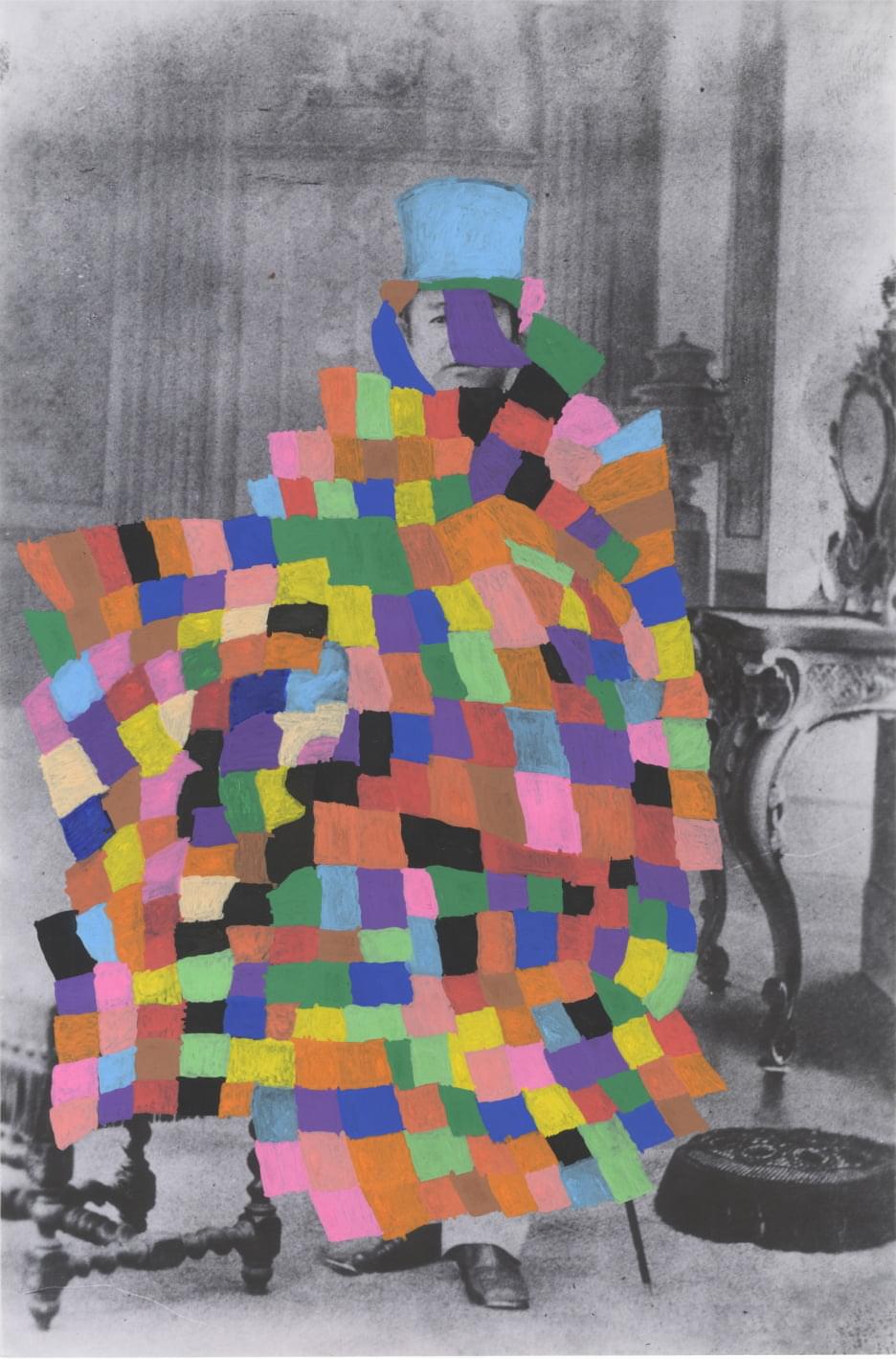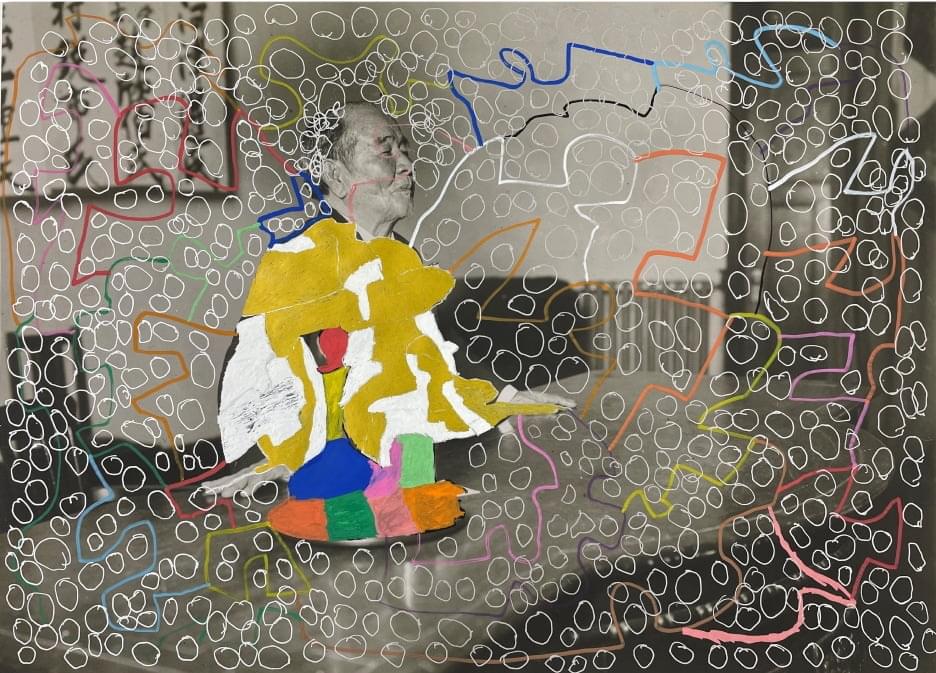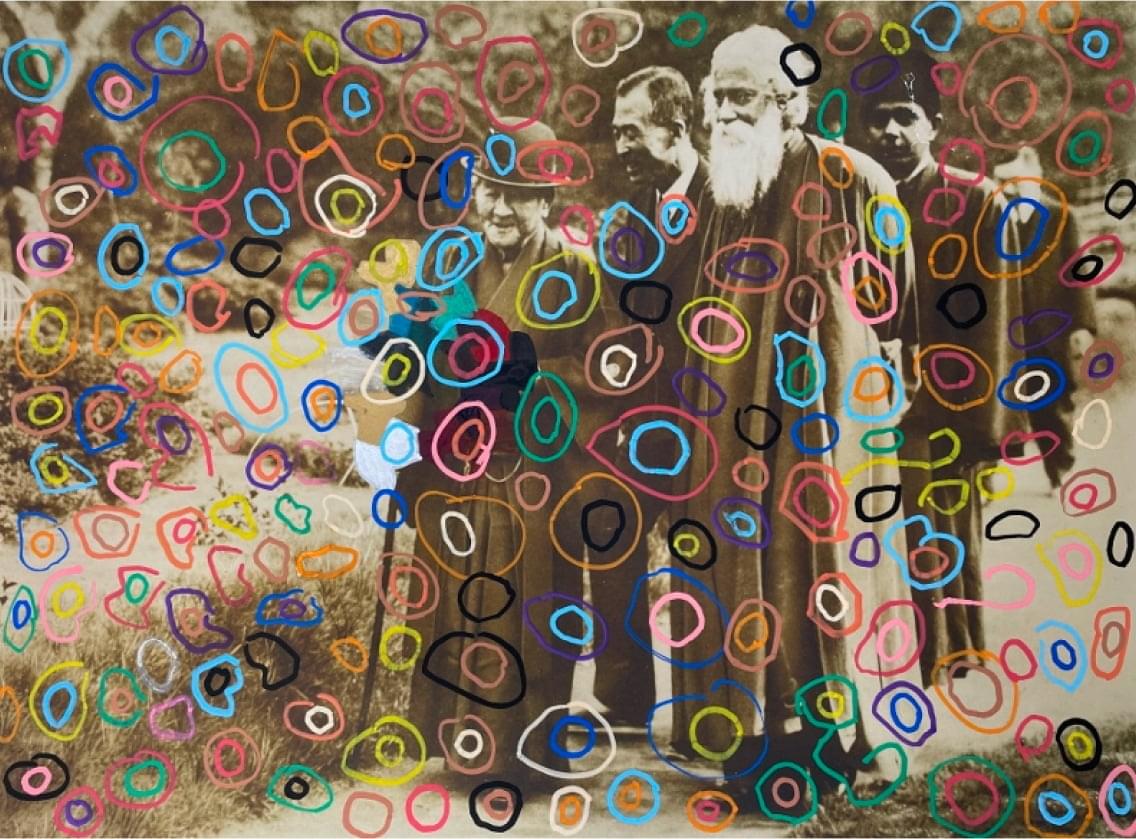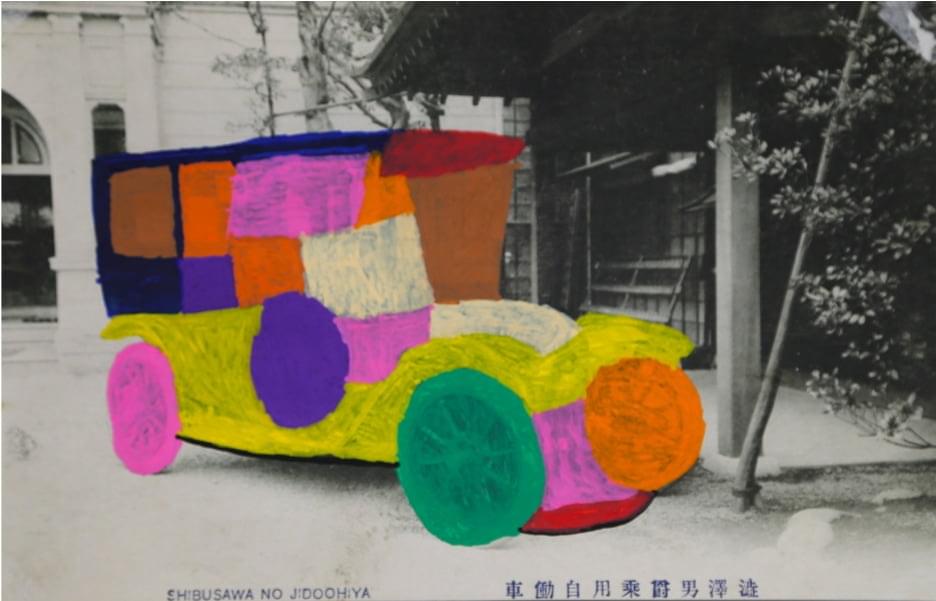-

- 「Musing on everybody’s happiness」
- The Analects and the abacus must be in agreement.
Shibusawa Eiichi's purpose for developing businesses and public works was not to enrich individuals or individual companies.
Eiichi believed that the enrichment of a few private individuals did not enrich the nation as a whole.
For example, in establishing the First National Bank, Eiichi solicited shareholders from a wide range of backgrounds in order to benefit as many people as possible.
Eiichi’s code of conduct was based on the Analects, and he upheld the “philosophy of harmony of morality and economy” to benefit the common good and to improve the lives of all members of society, regardless of their standing. -

- 「The kind and caring director」
- Our humanity does not allow us to abandon others.
Shibusawa Eiichi's dedication to society was not limited to business. In 1872 “Yōikuin” was established, a facility to provide support for orphans, people with disabilities, and others in need in the Tokyo area. Eiichi became involved with this facility in 1874 at the age of 34. As the director of this facility, he devoted himself to managing and developing the facility for the rest of his life.
The following words are from a speech he gave about his intentions to the children at the beginning of the semester.
“I will be your father, grandfather, great-grandfather, and guardian so you have no need to feel shame. You can live in society as a full-fledged citizen.”
He encouraged the children to be confident so that they could establish themselves in the world. These words exemplify Eiichi’s desire for happiness, not only for himself and his family, but for all others. -

- 「The world is our friend」
- Economic cooperation can only be achieved when people care about each other.
Shibusawa Eiichi engaged in private diplomacy in order to promote friendships between Japan and other countries including the United States, India and China. When the anti-Japanese immigration movement arose in the United States, Eiichi patiently continued to negotiate. Eiichi's efforts for world harmony not only as a businessman, but also as a global leader, was recognized by the international community and earned him two nominations for the Nobel Peace Prize.
-

- 「Discover colors you never knew」
- Knowledge is practice, practice is knowledge.
Shibusawa Eiichi was one of the relatively few people in Meiji Japan who had a global perspective. In 1867, at the age of 27, he attended the Paris International Exposition as part of a delegation led by Tokugawa Akitake, who represented his brother, the Shogun.
He studied European social and economic systems and advanced technology that were not available in Japan at the time, and upon his return to Japan immediately implemented what he had learned.
Knowledge is practice and practice is knowledge. Eiichi greatly contributed to the modernization of Japan, developing and establishing some 500 companies and financial institutions by repeatedly applying knowledge to practice and practice to knowledge. -

- 「Time to read the world」
- It is essential for all people to have a global perspective, especially the youth.
Shibusawa Eiichi's perspectives were always based on his own knowledge of the world.
Today, it is common for people talk about "international society,” but when Eiichi grew up, Japan was closed off from the rest of the world, and it was important for him that youth of the Meiji era develop a global perspective. Eiichi also stated that "the economy had no national borders.”
He believed that a world in which everyone could thrive and be happy had to be based not on conflicts but on morality and on friendly competition between nations. -

- 「Being honest」
- Trust in business is rooted in honesty
Shibusawa Eiichi refuted the notion that lies and deceit are necessary in business. He valued the trust that arises from honesty. During a time when commerce was often seen as lowly and contemptible, Eiichi's commitment to honesty may have been one reason the image of merchants in Japan improved.
-

- 「Circle of friends」
- Disregarding the interests of other countries is not true morality.
Shibusawa Eiichi had interactions with the Indian poet Rabindranath Tagore. Tagore criticized Western countries for instigating unjust conflicts in other countries solely for their own benefit. Eiichi stated that he had been thinking similarly even before the Meiji Restoration. He worked to support Tagore's international activities and promote Japan-India international exchange.
-

- 「Conviction」
- One person's wealth does not make the nation wealthy.
It is not widely known that Shibusawa Eiichi was a patriot during the late Edo period. After the Meiji Restoration, Eiichi dedicated himself to the modernization of Japan in various roles within the Meiji government and the private sector. His approach, thinking and acting for the benefit of the nation rather than personal gain, remained unchanged throughout the late Edo, Meiji, Taisho, and Showa periods, leaving a significant impact on society.
-

- 「Squaring the circle」
- Individuals must have some edges, no matter how rounded they may be.
Although Shibusawa Eiichi is often thought of as a gentle person, he stated that he was not as agreeable as people believed. He believed that if someone obstructed the path he trusted to be right, he should not yield without a fight.
-

- 「Gratitude」
- Only the chrysanthemum retains its fragrance late into the season.
Even after retiring from the business world, Shibusawa Eiichi dedicated himself to social and public projects, as well as private diplomacy. He believed there was still work for him to do. He named the teahouse given to him for his 77th birthday "Bankoro" (Late Fragrance Pavilion), reflecting his desire to spread his influence in his later years.

